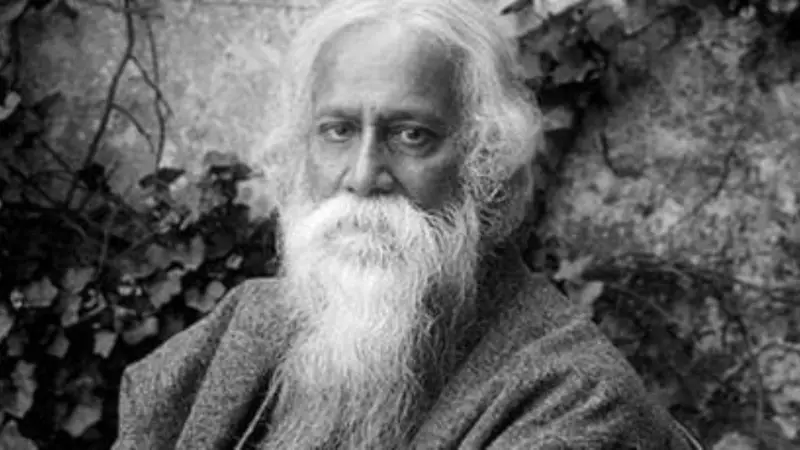
A cultural storm has erupted in India's northeastern state of Assam, centering around one of Rabindranath Tagore's most celebrated creations - 'Amar Shonar Bangla'. The song, which serves as Bangladesh's national anthem, has suddenly found itself at the heart of a heated political debate that spans international borders and historical connections.
The Spark That Lit the Fire
The controversy ignited when Assam's Education Department issued a directive to schools, instructing them to celebrate the state's recognition of five classical languages. However, what caught everyone's attention was the inclusion of Tagore's 'Amar Shonar Bangla' in the suggested program lineup. This seemingly innocent cultural recommendation quickly transformed into a political battleground.
Chief Minister's Strong Reaction
Assam Chief Minister Himanta Biswa Sarma didn't mince words when addressing the situation. "Why should our students sing Bangladesh's national anthem?" he questioned emphatically during a press interaction. The CM clarified that while the original circular mentioned the song, he had immediately intervened to prevent its inclusion in school programs.
Historical Irony and Sylhet Connection
The controversy carries layers of historical irony that make the current situation particularly compelling. Tagore wrote 'Amar Shonar Bangla' in 1905 during the first partition of Bengal, and it was officially adopted as Bangladesh's national anthem in 1972. The fascinating twist? Tagore himself had deep connections with Sylhet, a region that now falls within Bangladesh but shares cultural and historical ties with Assam.
Beyond the Surface: Deeper Political Undercurrents
This isn't merely about a song choice for school programs. The controversy reflects several deeper issues:
- Cultural Identity Politics: The debate touches upon questions of regional identity versus national identity
- Historical Legacy: How should modern states engage with shared cultural heritage?
- Political Messaging: The timing and context suggest broader political statements
- International Relations: The episode inevitably affects India-Bangladesh cultural diplomacy
The Larger Pattern of Cultural Debates
This incident follows a pattern of similar cultural controversies that have emerged in recent years. From debates over historical figures to questions about cultural appropriation, the political landscape appears increasingly engaged with issues of cultural ownership and representation.
What This Means for Regional Politics
The 'Amar Shonar Bangla' controversy serves as a microcosm of larger political tensions in the region. It highlights how cultural symbols can become political tools and how historical connections can be reinterpreted in contemporary political contexts. The episode also demonstrates the delicate balance states must maintain between celebrating shared cultural heritage and asserting distinct political identities.
As the debate continues to unfold, it raises important questions about how nations and regions navigate their interconnected histories while charting their independent political futures. The controversy over Tagore's timeless composition proves that even century-old cultural artifacts can suddenly find new political relevance in today's complex geopolitical landscape.





